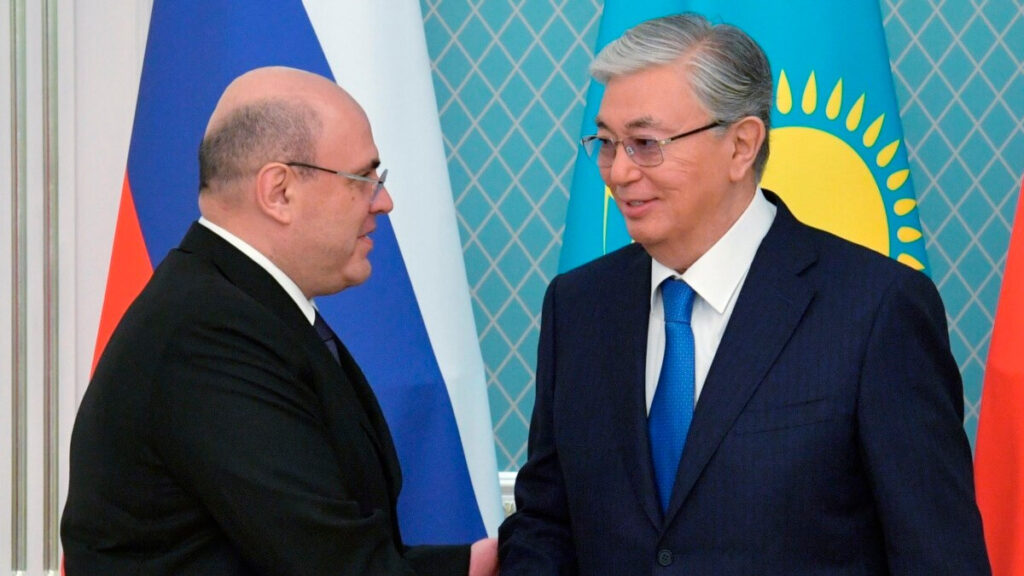The recent summit in Moldova, attended by Ukrainian President Volodymyr Zelensky and nearly 50 European leaders, aimed to address the escalating security challenges posed by Russian aggression. As the meeting underscored support for Moldova’s aspirations to join the European Union, Zelensky seized the opportunity to express his country’s desire for EU membership and emphasized the importance of security guarantees in the face of Russia’s aggressive actions.

Importance of Zelensky’s Presence:
Despite facing fresh attacks in Ukraine, Zelensky recognized the significance of appearing at the summit to make his case to the international community. With almost all of Europe’s leaders gathered, he reiterated Ukraine’s aspirations to join both the EU and NATO, seeking increased support, including weaponry and ammunition, to counter Russian aggression. Zelensky’s presence demonstrated the urgent need for attention and assistance to address the ongoing conflict.
The Informal Nature of the European Political Community:
The gathering in Moldova brought together the European political community, an informal group without definitive decision-making powers. Rather than issuing official papers or making concrete decisions, the summit aimed to facilitate discussions and foster cooperation between EU member states and non-member states. The event formed a strong coalition against war and emphasized the importance of peaceful collaboration in Europe.
The Influence of Russia in Moldova
: Russia’s influence in Moldova, particularly in the breakaway region of Transnistria, has sparked concerns about potential Russian aggression. With pro-Russian separatists controlling parts of the country for over three decades and thousands of Russian soldiers stationed in the area, Moldova fears it may become Russia’s next target. The region’s self-declared independence, backed by Russia, has complicated Moldova’s history and its relationship with neighboring countries.
Complex Loyalties in Moldova:
The loyalties of Moldovan citizens, especially those in areas like Transnistria, remain complex. Some feel neglected by the Moldovan government and seek support from Russia, while others express a desire for closer ties with Europe. The presence of Russian soldiers and the availability of cheap Russian gas through Transnistria impact the sentiments and economic conditions of the region. However, poverty and limited opportunities prompt many young people to consider leaving in search of better prospects.
The Uncertain Future:
As the conflict in Ukraine continues, Moldova’s future is closely tied to the outcome of the war. The potential influence of Transnistria and Russia looms, causing concerns about the direction the region may take. Villages like Kochieri represent the struggle between those who align with the “Russian World” and those seeking a more diverse and inclusive community. The decision of whom Moldova would accept protection from in the event of a war—Russia or Moldova—remains uncertain.
Conclusion:
The summit in Moldova served as a platform to address pressing security concerns in Europe amidst Russian aggression. With Ukraine’s President in attendance, the urgency of the situation was underscored, highlighting the need for support and collaboration. Moldova’s complex dynamics, influenced by Russia and the aspirations for EU integration, raise questions about its future trajectory. The region’s fate will depend on the outcomes of ongoing conflicts and the choices made by its leaders and citizens.
